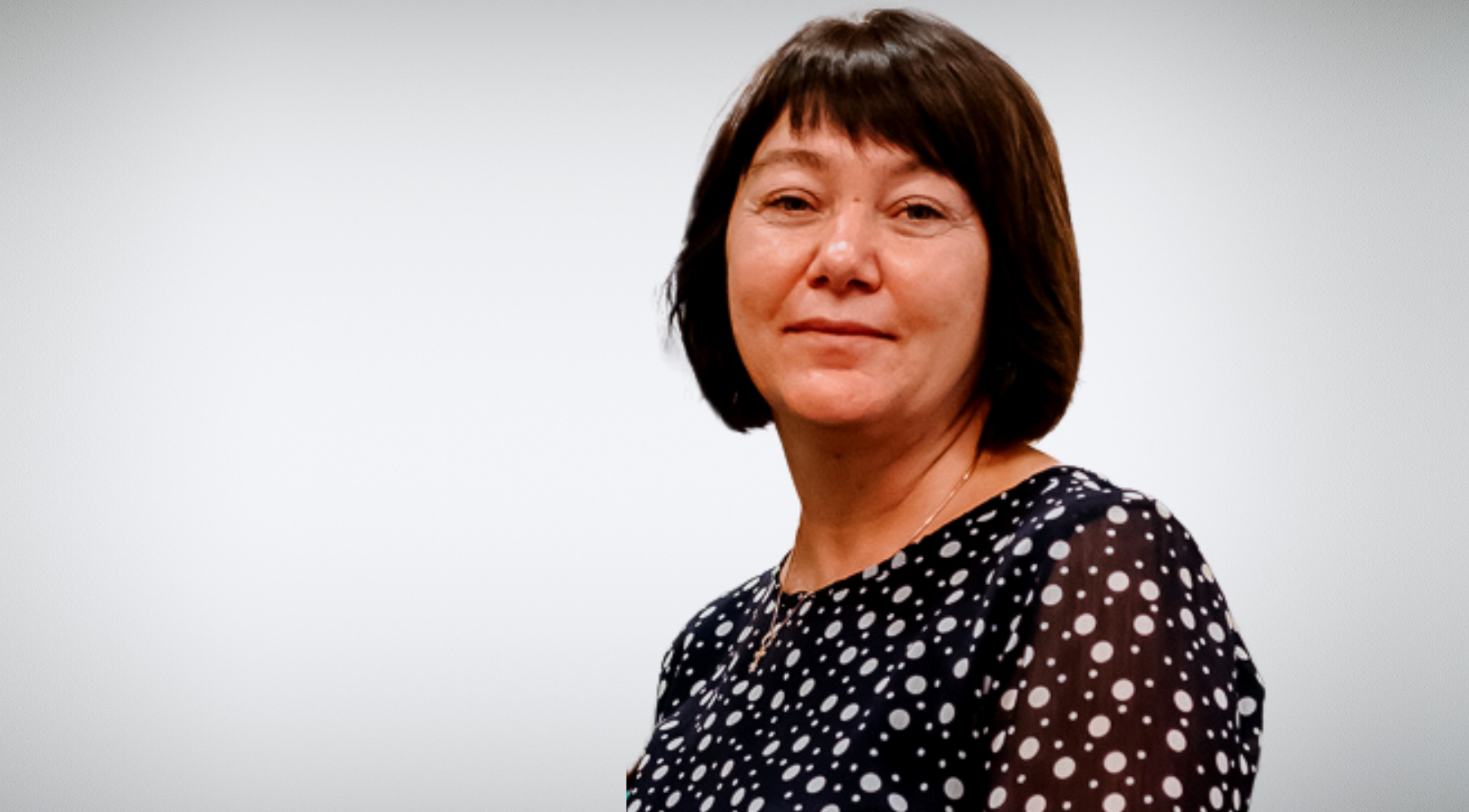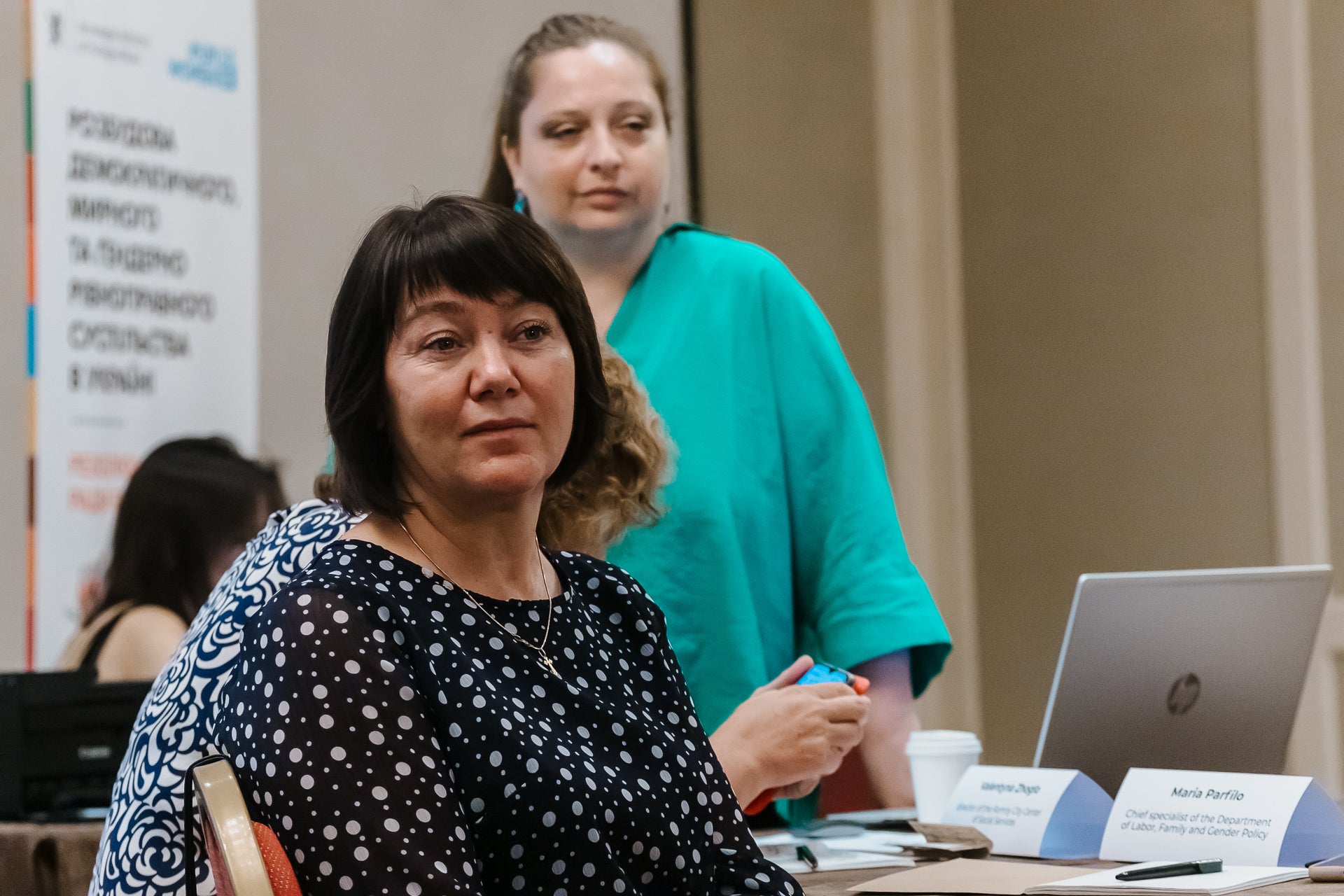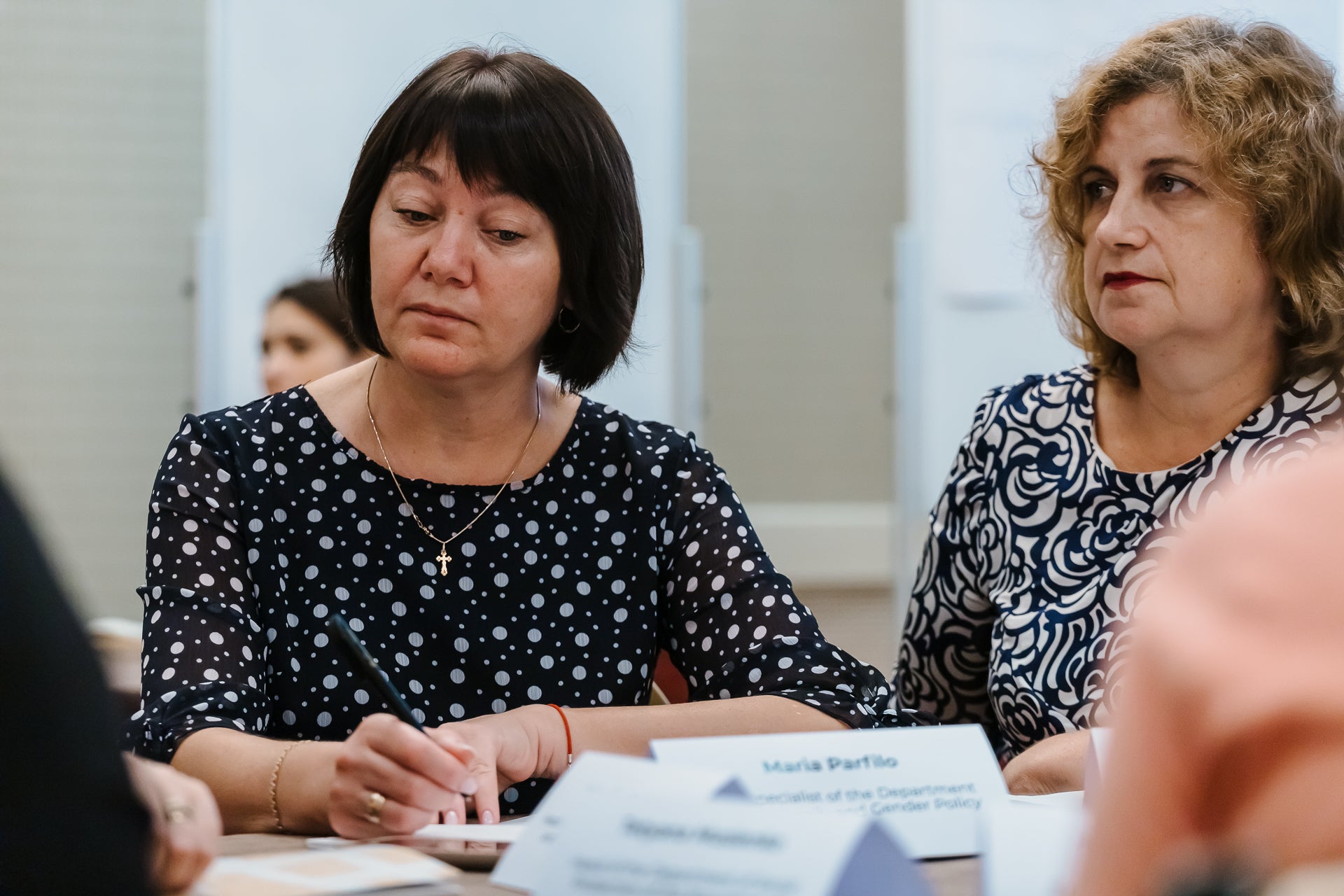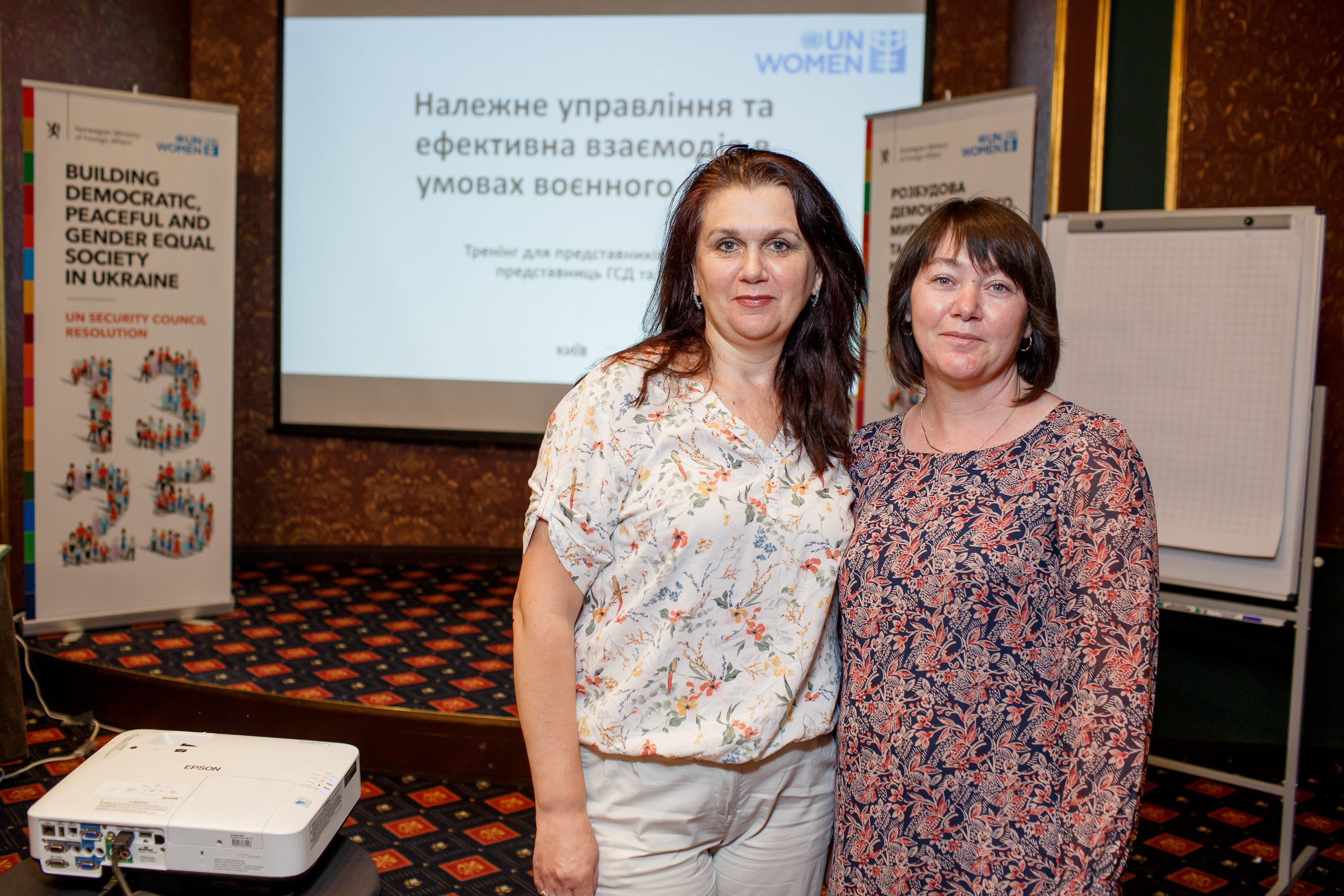Work together for changes: Maria Parfylo on the challenges of Lebedynska City Territorial Community
Date:

Maria Parfylo, Senior Specialist of the Department of Labor, Family and Gender Policy of the Lebedynska City Territorial Community in Sumy Oblast, told us about the challenges the community faces in the context of the full-scale Russian invasion. We met with Maria at the training "The Role of Women in Mediation," which was held as part of the Women, Peace, Security institution-building project, funded by the Government of Norway.

What challenges does the community face today?
One of the problems we have not faced before is the support of victims of the war and those who have lost relatives and friends. Even though the war has been going on since 2014, with the beginning of the full-scale invasion, these issues have taken on a completely different scale.
A lot of efforts have been made to support internally displaced persons, an issue that we have not faced before. Our community is not a border or frontline community. We are more than 50 kilometers away from the war zone. That is why we have accepted many internally displaced persons. These are people from Zaporizhzhia, Luhansk and Kharkiv regions, as well as from the border areas of Sumy region, where the contact line is located. We have to support people who are forced to leave their homes because of the war.
How did the residents of your community respond to the needs of internally displaced Ukrainians?
Many people have opened their doors to internally displaced people. In the villages, people united to help these people, including families with children, the elderly and people with disabilities. They were ready to live without any special conditions just to save their lives and the lives of their loved ones.
They came to us in the winter, in the snow, wearing rubber slippers, fleeing in their pajamas, without documents, money or clothes. We just had to dress and put shoes on them. And the community proved to be very responsible. We rallied around the desire to help our fellow citizens.

How do you assess the psycho-emotional health of residents in the community?
Mental health is one of the biggest problems. The community is now home to a large number of people who need professional help. Therefore, we need psychologists to help those who constantly hear explosions, those who return to us from the war, and families with deceased members. That is why we conduct trainings and focus groups to support and improve the mental health of residents.
How have women performed and what kind of help do they need?
Women now have a lot of responsibilities. They have children, family, households, and other people to help. However, our women also need help, especially psychological support.
Unfortunately, unemployment is another problem in our community. Creating opportunities for economic development and employment for women is vital. This would be a significant benefit to the community and a positive change for our women.
Many women feel unfulfilled and do not have information about where they can apply their knowledge and skills or learn new ones. There is also a need to improve communication with remote settlements for effective interaction and community development. In particular, we are seeing changes in the target groups. For example, it turns out that there are more elderly women in the communities. Therefore, the special needs of such groups should be taken into account by each community.
From your experience, do you see a correlation between women's economic empowerment and their vulnerability to violence? And is this an actual problem for your community?
Yes, unfortunately, this is a problematic topic. But I would note that even economically independent women can face domestic violence. First of all, there is a lack of centers for victims of violence. Awareness is also important. If, for example, we systematically conduct such trainings on the ground, people will realize that visiting a psychologist is a normal practice. There you can express your thoughts and emotions, get support and just talk about topics of concern. It is also important to conduct awareness-raising campaigns about gender-based violence.

What trainings would be useful for further work in the community?
We need grants for the development of our community. So we need support in this area - how to apply for a grant, how to communicate effectively with grantors, how to formulate a request so that we are noticed and our ideas and plans for the community are supported.
This interview was conducted within the project "Women, Peace, Security", funded by the Government of Norway.